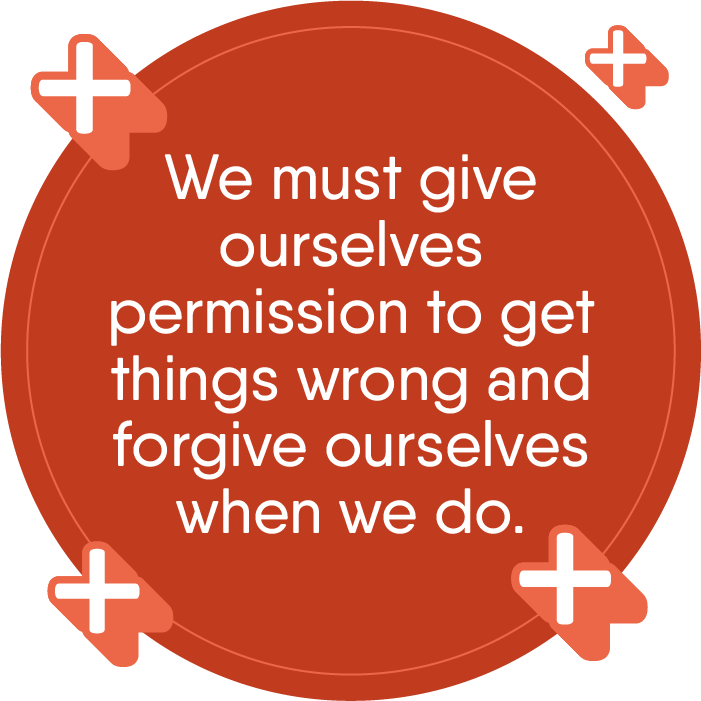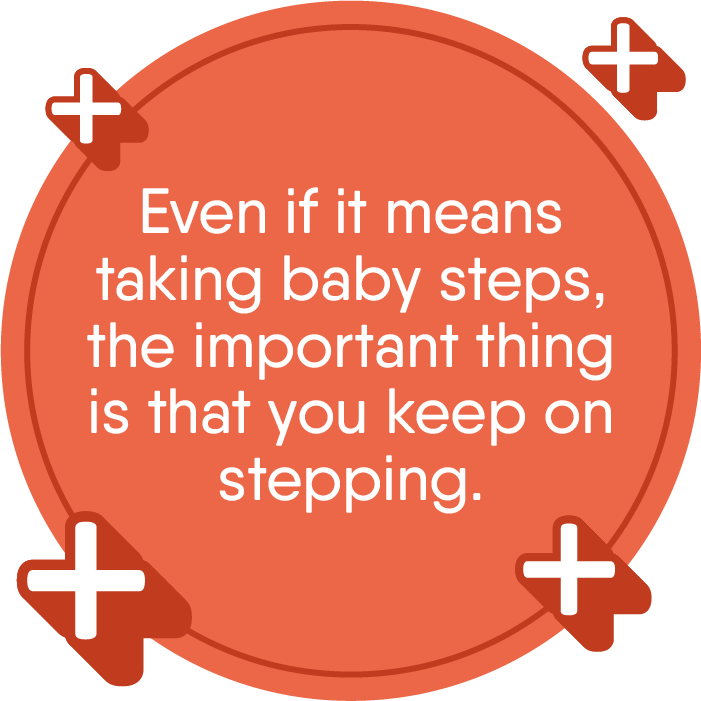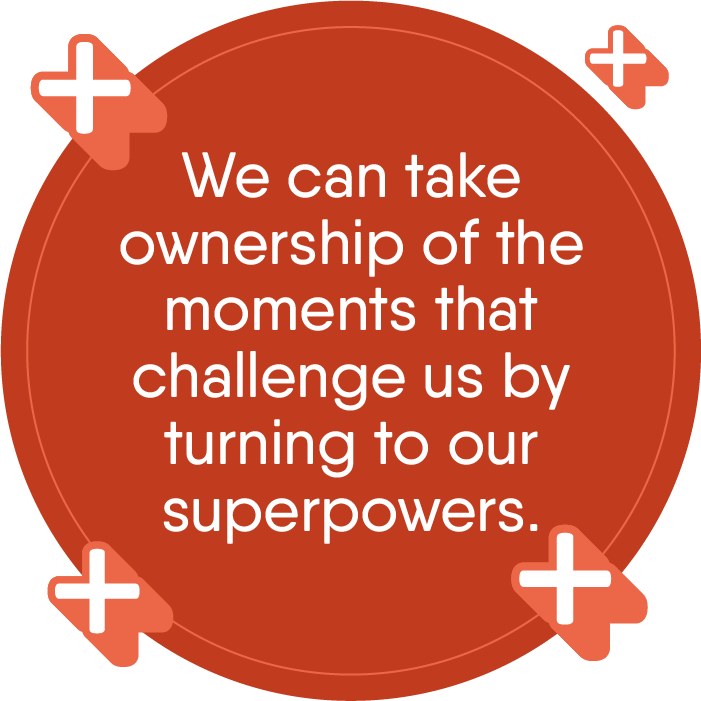When you’re having a tough time and everything seems to be going wrong, how do you dust yourself off and carry on?
Resilience is a subject we hear about all the time.
It’s no wonder, with the relentless challenges we’re all facing, both at home and at work.
How do other people bounce back from difficult days?
And what can we learn from those people to help us move forward in our own lives?
We recently heard an incredibly inspiring talk by Dr Sabrina Cohen-Hatton, psychologist, writer, mother and Senior Fire Officer. Through her own extraordinary experiences and stories of major setbacks, she shared some encouraging advice and practical tips on recovering and thriving.
Sabrina explained that sometimes, we need to take a different approach, because if we don’t do things differently, we will never move forward.
‘If you always do what you’ve always done, you’ll always get what you’ve always got.’ | Henry Ford.
She shared three themes that contribute to greater resilience; humility, optimism and connection, and how we can harness them to bounce back from the challenges we face.
We’re sharing some takeaways from those words and the three superpowers that Sabrina spoke of…
Superpower one: humility
Sabrina began with focusing on how we need to get comfortable with accepting and talking about failure. And part of this is having greater humility, acknowledging that we’re not always right, giving ourselves permission to get things wrong, and forgiving ourselves when we do.
 It can go against the grain when we consider what a successful leader looks like in any industry. Strong, smart, steadfast. And always making the right decision at the right time.
It can go against the grain when we consider what a successful leader looks like in any industry. Strong, smart, steadfast. And always making the right decision at the right time.
Our biggest challenges can be our biggest opportunities
We’re always congratulated on our successes. And this can make it feel really difficult to talk about our failures. But if we don’t talk about them, we become afraid of them. And we’re less likely to learn and adapt.
“As a fire service leader, you’re supposed to be completely infallible. The truth is, none of us are infallible. We all have the same fears and flaws as anybody else. And it’s important to be honest about that,” says Sabrina.
Reframing your own humility can feel risky. But if we can get comfortable talking about the things that have gone wrong, it means we’re comfortable with exposing our own vulnerabilities and being human.
Superpower two: optimism
After leaving home at fifteen, Sabrina spent two years living on the streets and faced the most humiliating and dehumanising experiences of her life. It was only when she took the decision to join the fire service at eighteen that her own journey of self-improvement and success began.
“To develop a more optimistic outlook, we need to accept that we cannot control what happens to us. The positive part is that we can control how we respond,” she says.
Of course, we can’t just say, ‘let’s be optimistic all the time!’ We have to be realistic because we’re only human.
But there are some practical things we can do that allow us to first accept the situation and then take an optimistic approach.
When you give yourself permission to think optimistically you open up new pathways
Start by giving yourself permission to have head space. Give yourself permission to go for that long walk and to think about what’s happened. Give yourself permission to see a different future. When you give yourself permission to think of a different way it can be very liberating. And then it’s time to work out how you’re going to get there.
 Even if it means taking baby steps. The important thing is that you keep on stepping.
Even if it means taking baby steps. The important thing is that you keep on stepping.
Superpower three: connection
When we support each other, we amplify our power.
Seek out the people who give you strength. Talk to those who believe in you. And allow them to support you through the tough times.
We can do so much more when we do it together
Trust in the power of your networks, expand them, respect them and lean on them, because you are so much more than the sum of your individual parts.
And this goes both ways. By sharing your own vulnerabilities, you’re likely to support others who might be having a tough time too. When you’re thinking about your networks, don’t underestimate the impact you have on that voice in someone else’s head.
In summary
Resilience won’t always come naturally. We have to work at it. There will be moments that  challenge us, set us back and leave us struggling to pick ourselves up. But we can take
challenge us, set us back and leave us struggling to pick ourselves up. But we can take
ownership of those challenges by turning to our superpowers.
Humility – lean in to humility by spending more time listening to others, seeking feedback regularly, asking for help when you need it and sharing your failures openly and honestly.
Optimism – allow yourself to see a better way by taking an optimistic view, giving yourself permission to accept the situation and then to decide how you’re going to work with it.
Connection – rely on your connections, broaden your networks, and support each other in the process. Because when you do, the potential is incredible.
















